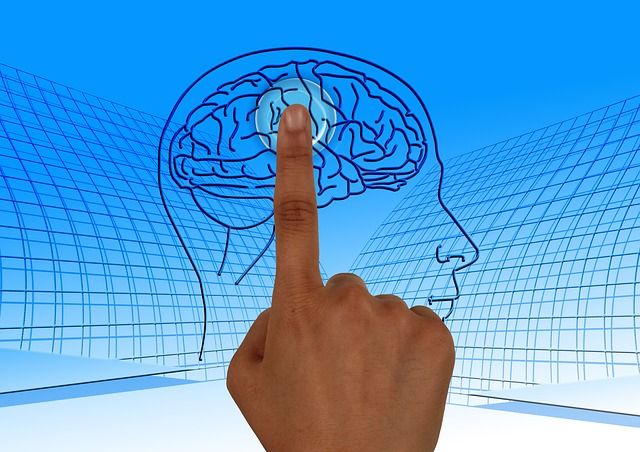
What is mindfulness?
There is a lot of talk about using mindfulness for stress reduction, but what exactly is mindfulness. Jon Kabat-Zinn, PhD, defines mindfulness as “awareness that arises through paying attention, on purpose, in the present moment, non-judgmentally. It’s about knowing what is on your mind.” Kabat-Zinn developed Mindfulness-Based Stress Reduction (MBSR) techniques originally as a way to help patients deal with chronic pain. The first MBSR program, founded in 1979, began in the Stress Reduction Clinic at the University of Massachusetts Medical Center. A combination of meditation and yoga, MBSR is now used at over 200 medical centers, hospitals, and clinics around the world to address a myriad of physical and emotional disorders and diseases.
Does it work?
A 2010 systematic review of randomized control trials found supportive evidence that MBSR improves mental health (Fjorback, et. Al). Recommendations from the authors include the use of MBSR to decrease the symptoms of stress, anxiety and depression, as well as to improve the health aspects of quality of life in disease management.
Incidence of chronic insomnia may be around 10% of the U.S. population; higher in women and the elderly. Decreased quality of life, and an increased risk for developing other chronic illnesses such as heart disease and depression, are associated with chronic insomnia. Efficacy of treatment for primary chronic insomnia using MBSR versus the use of pharmacotherapy was explored in a 2011 randomized control trial (Gross, et.al.). Results of the trial showed comparable decrease in insomnia symptoms and improvement in sleep quality for patients using MBSR and pharmacotherapy. No side effects were noted with MBSR, as opposed to excessive sleepiness, headaches, and dizziness reported by the patients using pharmacotherapy. Use of Mindfulness-Based Stress Reduction has the advantage of positive benefits for the individual beyond what it may initially be studied for.
How to be mindful
Mindfulness is not difficult to learn and, through practice, can become integrated into one’s daily life. Sit in a comfortable position, in a chair or on a cushion. Eyes may be lowered to a spot a few feet away or closed. Start with awareness of your breath. Feel the air flow into your nose and into your lungs. Is the air warm or cold? Are there smells you’re aware of? Feel the rise of your chest, and then the fall as you exhale. Can you do that one time without thinking of other things? Don’t force the breath, but allow yourself to breath naturally. Counting the breath can help you stay focused; when you get to ten, start over at one again. If your mind has wandered after two breaths, start back at one again.
Maybe the first day you sit for two or three minutes. Try to add a few minutes a day. Your mind will want to think about everything BUT your breath. When you realize that is what is happening, that’s when you go back to noticing your breath. It isn’t wrong or bad that your mind wanders. It just is. This practice gives your mind a much needed break. When you have become comfortable with sitting with your breath daily for five or ten minutes, try being mindful at other times. When you wash the dishes, be mindful of the feel of the water, the scrubbing of the pot, the smell of the soap. Do this one thing. When you plant the starts or seeds in your garden, be mindful of your actions. Slow down and pay attention. This is a way to begin to reduce stress and improve your quality of life.
Mindfulness research supports this approach to stress management. It can be done any time, in any place. There are no bad side effects, no bill to pay, no risk involved. Spending a few minutes a day to support your health and wellness offers significant benefits.
References:
Effective and Viable Mind-Body Stress Reduction in the Workplace: A Randomized Controlled Trial – PDF
